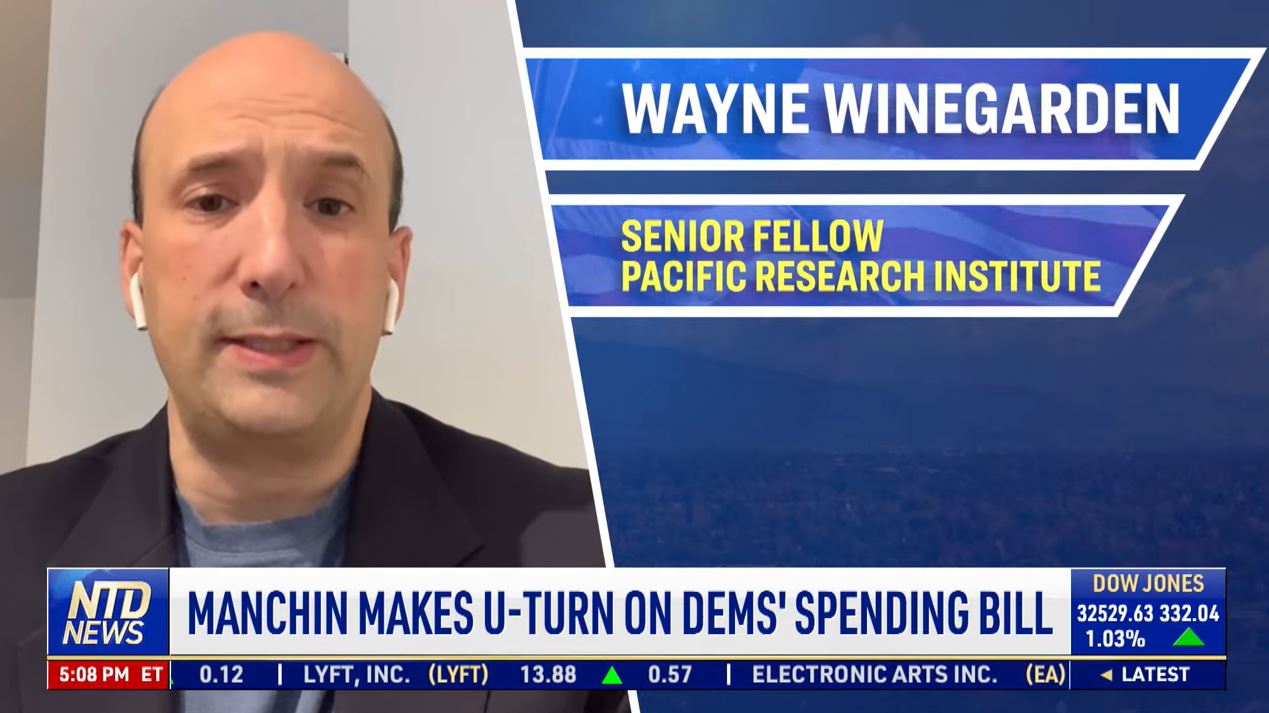New Issue Brief: Biopharma Drug Makers Are Not the Most Profitable Players in Health Care
A new issue brief released by the Center for Medical Economics and Innovation at the nonpartisan Pacific Research Institute finds that innovative drug manufacturers earn some of the lowest risk-adjusted returns in the U.S. health care system, despite making the largest investments in research and development. The findings challenge the central claim used to justify government drug price controls. The brief examines financial data from more than 1,200 publicly traded U.S.-based companies across five major health care sectors between 2022 and...





